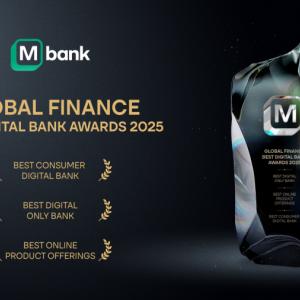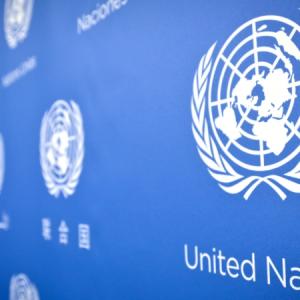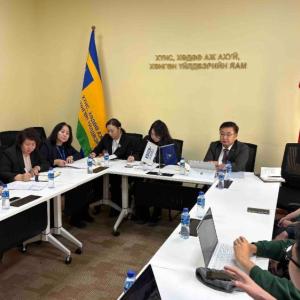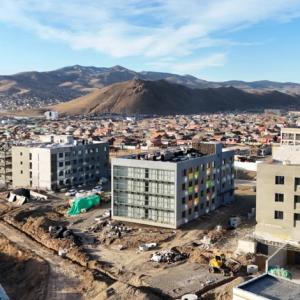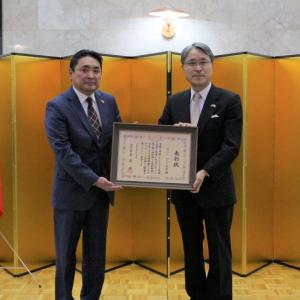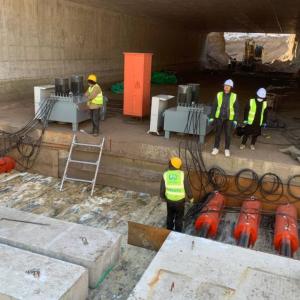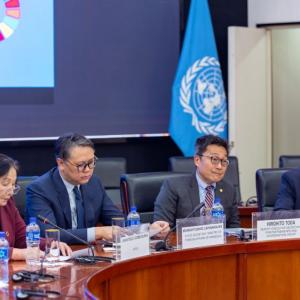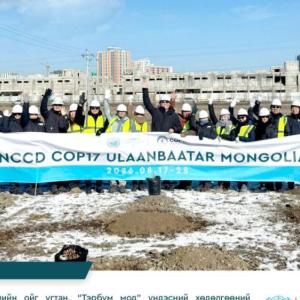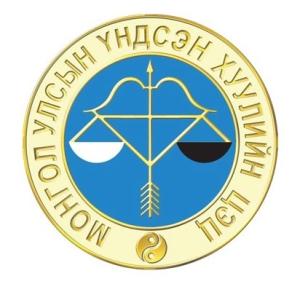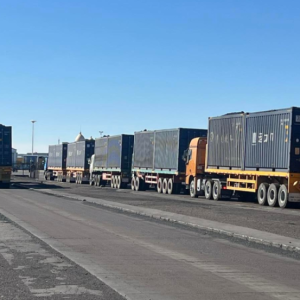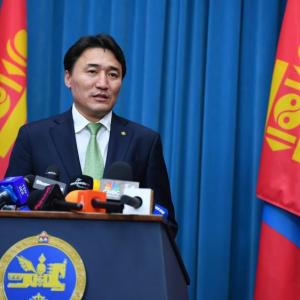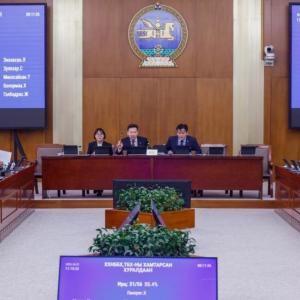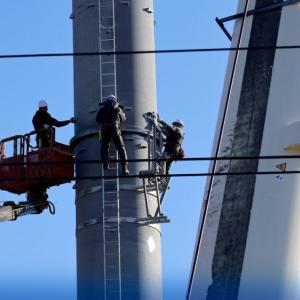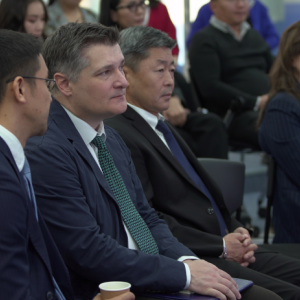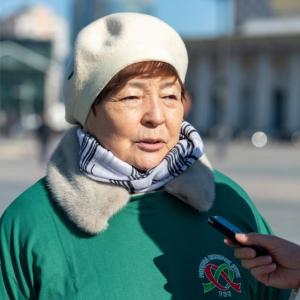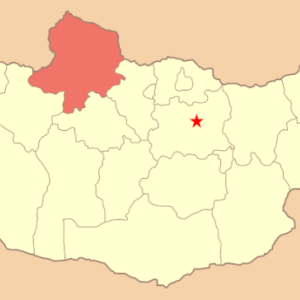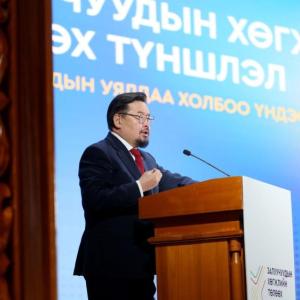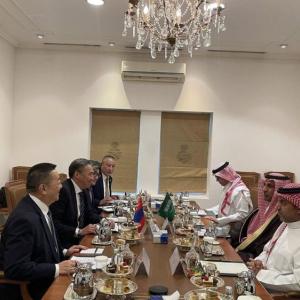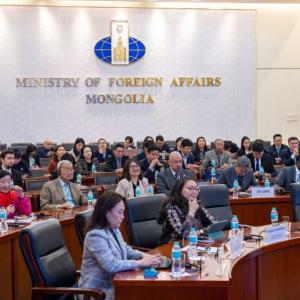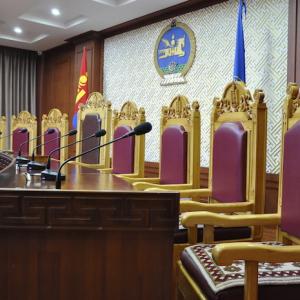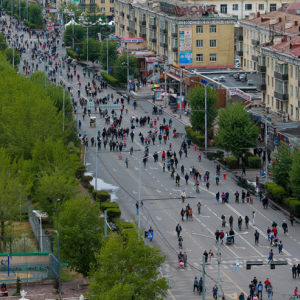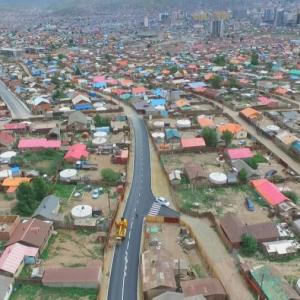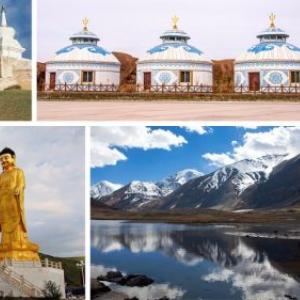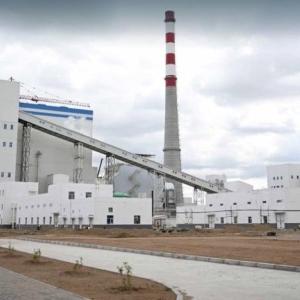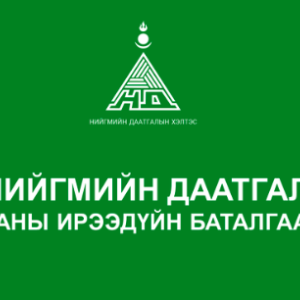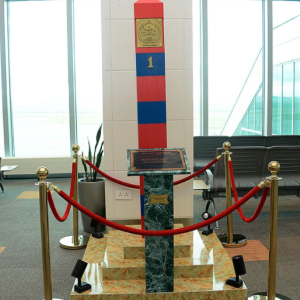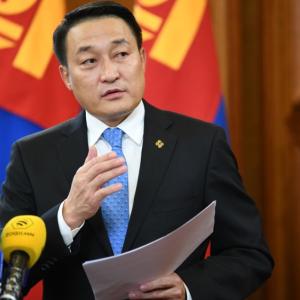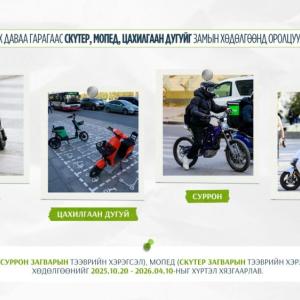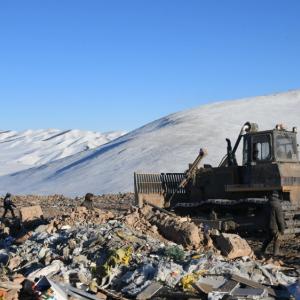Montsame names 10 key global events of 2015
Politics1. Historical anniversaries marked
The year 2015 marked the 70th anniversary of the United Nations. The international organization has the aim to maintain international peace and security and foster co-operations among countries. In addition, people across the globe widely celebrated the 70th anniversary of the end of the Second World War. Commemorating the anniversary, the People’ Republic of China held a military parade on its central square where heads of states and governments of over 30 nations as well as high level delegates from more than 50 countries were in attendance.
2. New bank in Asia and Chinese Yuan
The Asian Infrastructure Investment Bank (AIIB) is an international financial institution directed at strengthening financial cooperation and financing infrastructure projects in the Asia Pacific region. The Articles of Agreement that form the legal basis for the AIIB proposed by China remain open for signing by its Proposed Founding Members until December 31, 2015. A total of 13 countries have ratified the agreement out of 57 nations that are considered to be prospective founding members in Asia, Australia and America. It is expected that the AIIB start its operations by the end of this year or in 2016. In addition, Chinese national currency – Yuan, has been included in the basket of reserve currencies of the International Monetary Fund (IMF). The IMF has approved China's Yuan into its elite reserve currency, which is considered to be the elite club of major currencies. The addition to the IMF list goes into effect on October 1, 2016.
3. New Japanese military doctrine
According to Japan's new military doctrine, the Japan Self-Defense Force will be used to protect its allied countries, including the USA even if Japan is not directly attacked. Also, the legislation allows the Japanese military broader participation in international peacekeeping operations. The Defense Ministry of Japan passed the defense doctrine this year.
4. Actions to destroy the ‘Islamic State’
More than 40 nations, such as USA, Great Britain, Germany and France, established a joint coalition to defeat the Islamic State of Iraq and the Levant (ISIS or ISIL) a terrorist group which is one of the biggest threats facing the world today and have been conducting air strikes against the group. While Russia did not join the coalition, it has been carrying out airstrikes targeting terrorist groups in the country, especially the ‘Islamic State’, at the request of Bashar Al-Assad, President of Syria.
5. European migrant crisis
Europe has been affected by the biggest humanitarian crisis since the Second World War as hundreds of thousands of migrants and refugees are still surging across the continent since late August and early September. As of December 1, Europe has received 878,485 migrants and refugees.
6. Turkey downs Russian jet
A Russian Sukhoi Su-24M bomber aircraft was shot down from an altitude of 6,000 meters by a Turkish Air Force F-16 fighter jet near the Syria–Turkey border for allegedly violating its airspace. Following the incident, Russia imposed sanctions against Turkey, denouncing its action.
7. Counter actions of ‘Islamic State’
A Russian ‘Airbus A321-231’, operated by Russian airline Kogalymavia, crashed in the northern Sinai Peninsula killing 224 people. According to the Federal Security Service of the Russian Federation, an improvised explosive device was placed in the passenger cabin and detonated. The Sinai Branch of the ‘Islamic State’ claimed responsibility for the incident. Afterwards, a series of coordinated terrorist attacks took place in Paris France killing 130 and injuring more than 350 people. ‘The Islamic State’ also claimed responsibility for the attacks, which are called ‘9/11 French Style’.
8. Nuclear program of Iran
Iran and the P5+1 (USA, China, UK, Russia, France and Germany) reached an agreement on the nuclear program of Iran - the Joint Comprehensive Plan of Action to resolve the longstanding dispute. Under the agreement, the United Nations Security Council, USA and European Union would lift their sanctions imposed on Iran if its nuclear program confirmed to be used exclusively for peaceful purposes
9. Natural disasters
A magnitude 7.8 earthquake hit Nepal killing 9018 people, including 8857 people in Nepal, 130 in India, 27 in China and 4 in Bangladesh. Soon afterwards on May 12, another major earthquake of 7.3 magnitude occurred in Nepal and 210 people were reported dead including 153 people in India, 63 in India, 1 in China and 2 in Bangladesh were killed by the earthquake.
10. Historical climate agreement
Representatives of 195 countries agreed by consensus to the Paris Agreement which aims to reduce their carbon output in a significant amount and holding the increase in the global average temperature to well below 2° C above pre-industrial levels and pursue efforts to limit the temperature increase to 1.5° C above pre-industrial levels. The new agreement, which will replace the Kyoto Protocol, will be open for signature in April 2016. Then, it will enter into force and become fully effective if 55 countries ratify the agreement.
 Ulaanbaatar
Ulaanbaatar






